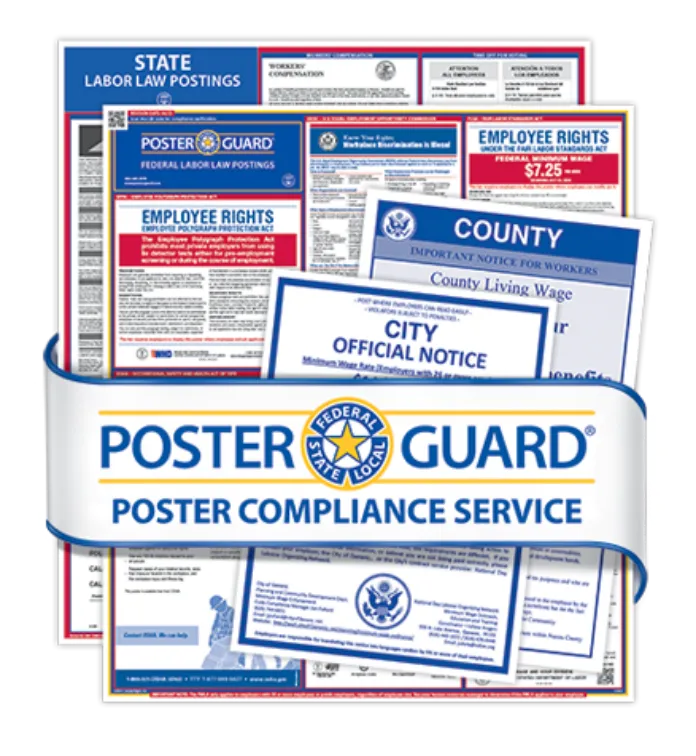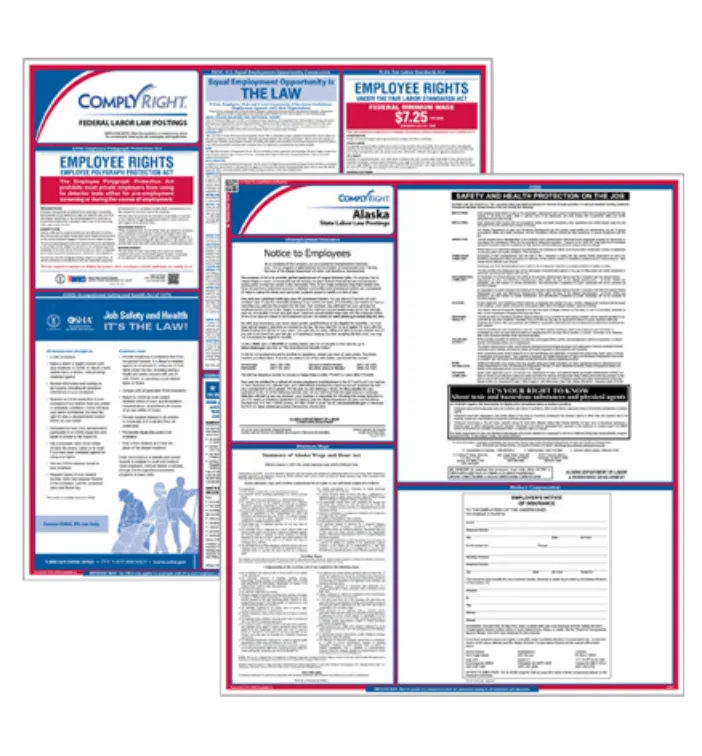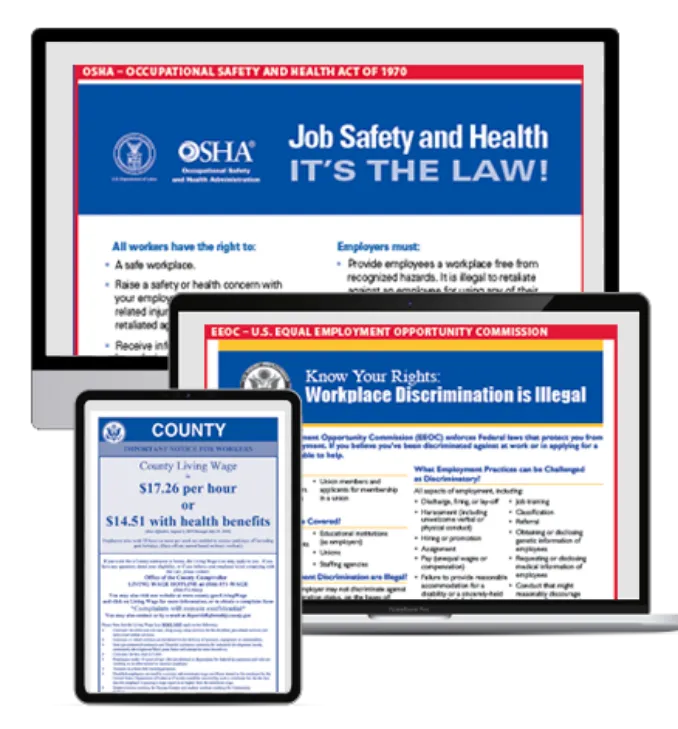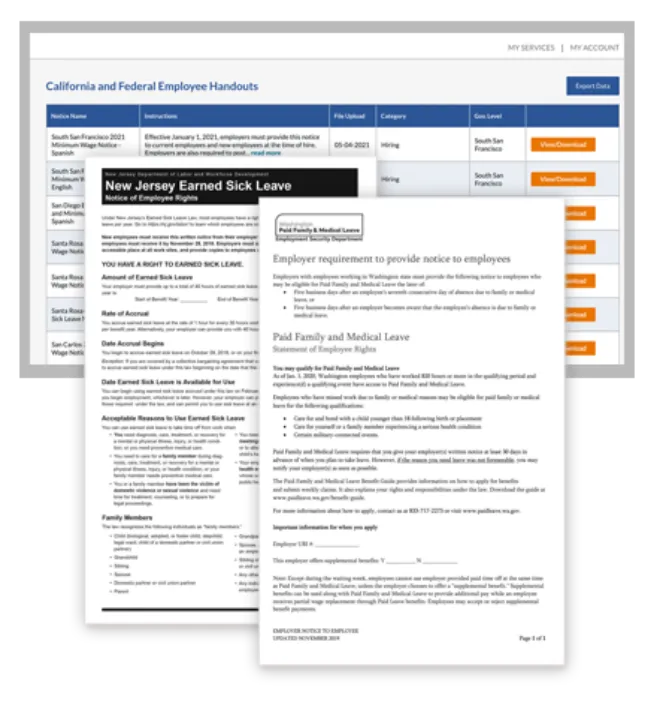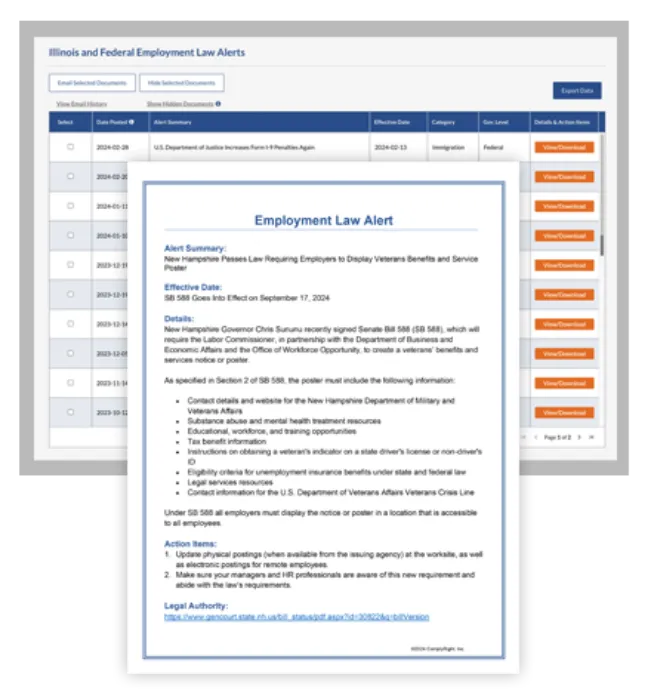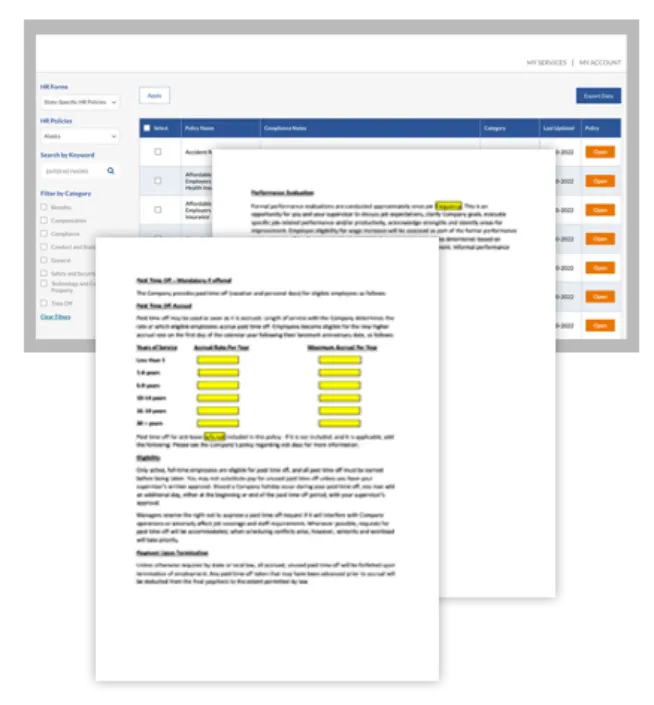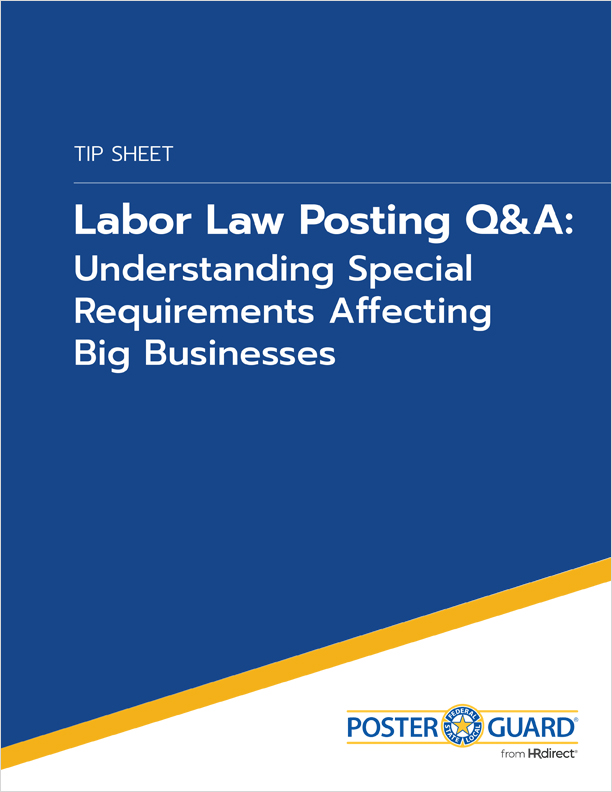The recent enactment of the Pregnant Workers Fairness Act (PWFA) marks a significant shift in the regulatory landscape for employers. This newly passed legislation poses fresh responsibilities and challenges for businesses across the U.S. as it aims to ensure fair treatment and support for pregnant workers.
Let’s explore some frequently asked questions regarding the PWFA, particularly what employers must do to comply with the new law.
Q: What is the PWFA?
A: The PWFA is a federal law that, effective June 27, 2023, requires covered employers to provide “reasonable accommodations” to a qualified worker’s known limitations related to pregnancy, childbirth or related medical conditions – unless the accommodation would cause an undue hardship. An undue hardship is any situation creating significant difficulty or expense to the business.
Q: What are examples of reasonable accommodations?
A: Reasonable accommodations refer to changes to the work environment or the way things are done in the workplace. Examples for affected employees under the PWFA include:
- Being able to sit or drink water
- Receiving closer parking
- Having flexible hours
- Receiving appropriately sized uniforms and safety apparel
- Receiving additional break time to use the bathroom, eat and rest
- Taking leave or time off to recover from childbirth
- Being excused from strenuous activities and/or exposure to chemicals not safe for pregnancy
Q: Do other federal employment laws apply to pregnant workers?
A: In addition to the PWFA, these federal laws apply to workers affected by pregnancy, childbirth or related medical conditions:
- Title VII – Prohibits employment discrimination based on sex, pregnancy or other protected categories; enforced by the U.S. Equal Employment Opportunity Commission (EEOC)
- The Americans with Disabilities Act (ADA) – Prohibits employment discrimination based on disability; enforced by the EEOC
- The Family and Medical Leave Act (FMLA) – Provides unpaid leave for certain workers for pregnancy and to bond with a new child; enforced by the U. S. Department of Labor (DOL)
- The Providing Urgent Maternal Protections (PUMP) for Nursing Mothers Act – Provides nursing mothers a time and private place to pump at work; enforced by the DOL
Be aware that the PWFA covers job applicants, along with current employees. Covered employers cannot deny a job or other employment opportunities to a qualified applicant based on the need for a reasonable accommodation. All postings must be made available to job applicants, as well.
Q: What must employers do to comply with the PWFA?
A: Providing reasonable accommodations, whenever possible, is the primary compliance responsibility for employers. But it’s important to recognize prohibited practices, as well. Employers must not:
- Require employees to accept accommodations without a discussion
- Deny job opportunities based on the need for reasonable accommodations
- Mandate FMLA leave when alternative accommodations would allow the employee to continue working
- Retaliate against anyone reporting or opposing discrimination under the PWFA
- Interfere with an individual’s rights under the PWFA
Q: What about posting obligations? Anything new regarding the PWFA?
A: Yes! The EEOC revised the “Know Your Rights” Poster to include the PWFA. With Poster Guard® Poster Compliance Serviceyou can be certain you’re up to date with this and all other all required federal, state and local labor law postings. For additional support, you can also display the Pregnant Workers Fairness Act Poster in the workplace to reinforce the message that pregnant individuals will not be discriminated against and are entitled to reasonable accommodations.

